Latest News
Make a Call
01733 602955
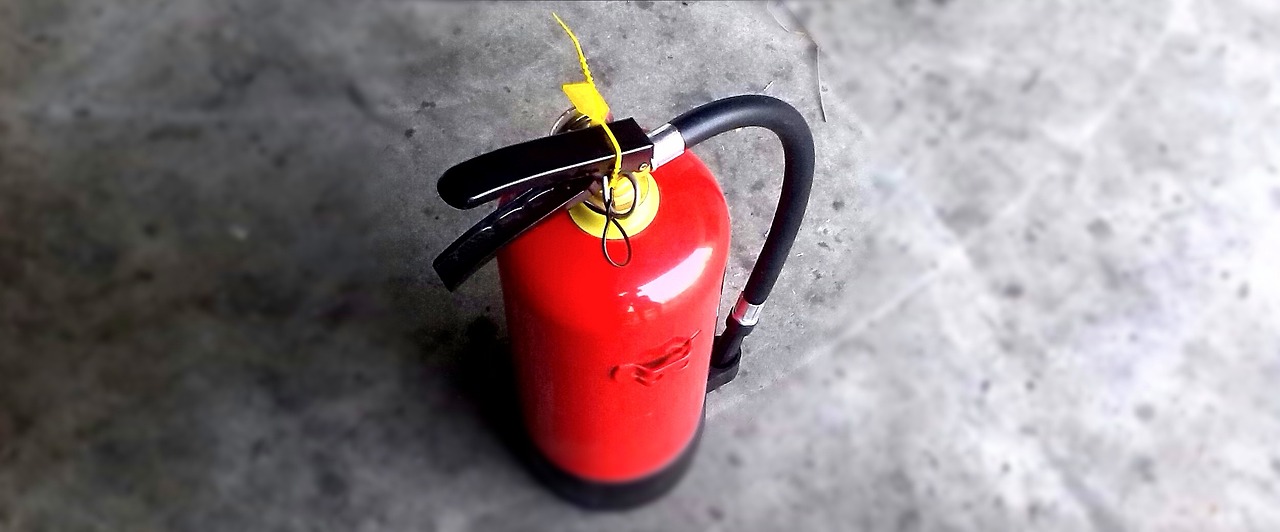

Latest News
How Training with Tavcom Created New Commercial Opportunities for Swift Fire & Safety
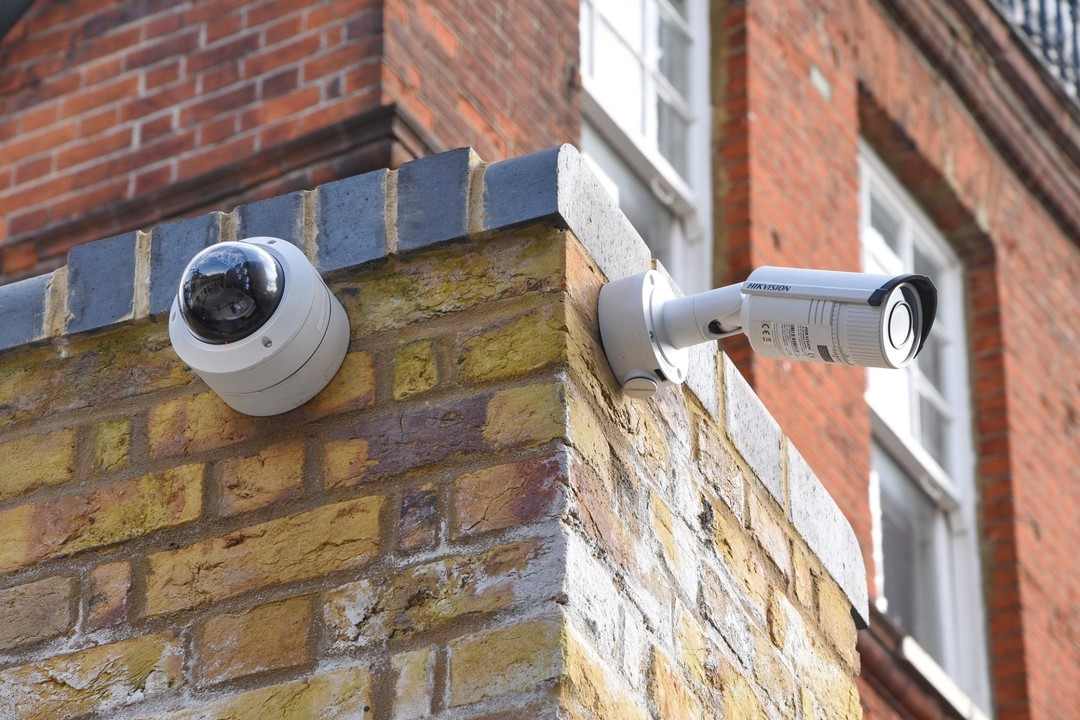

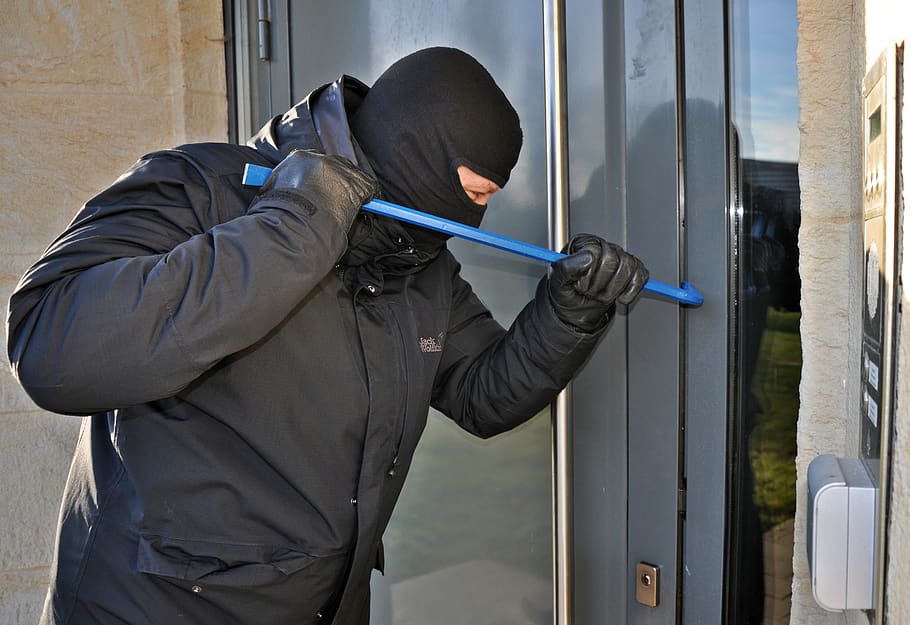
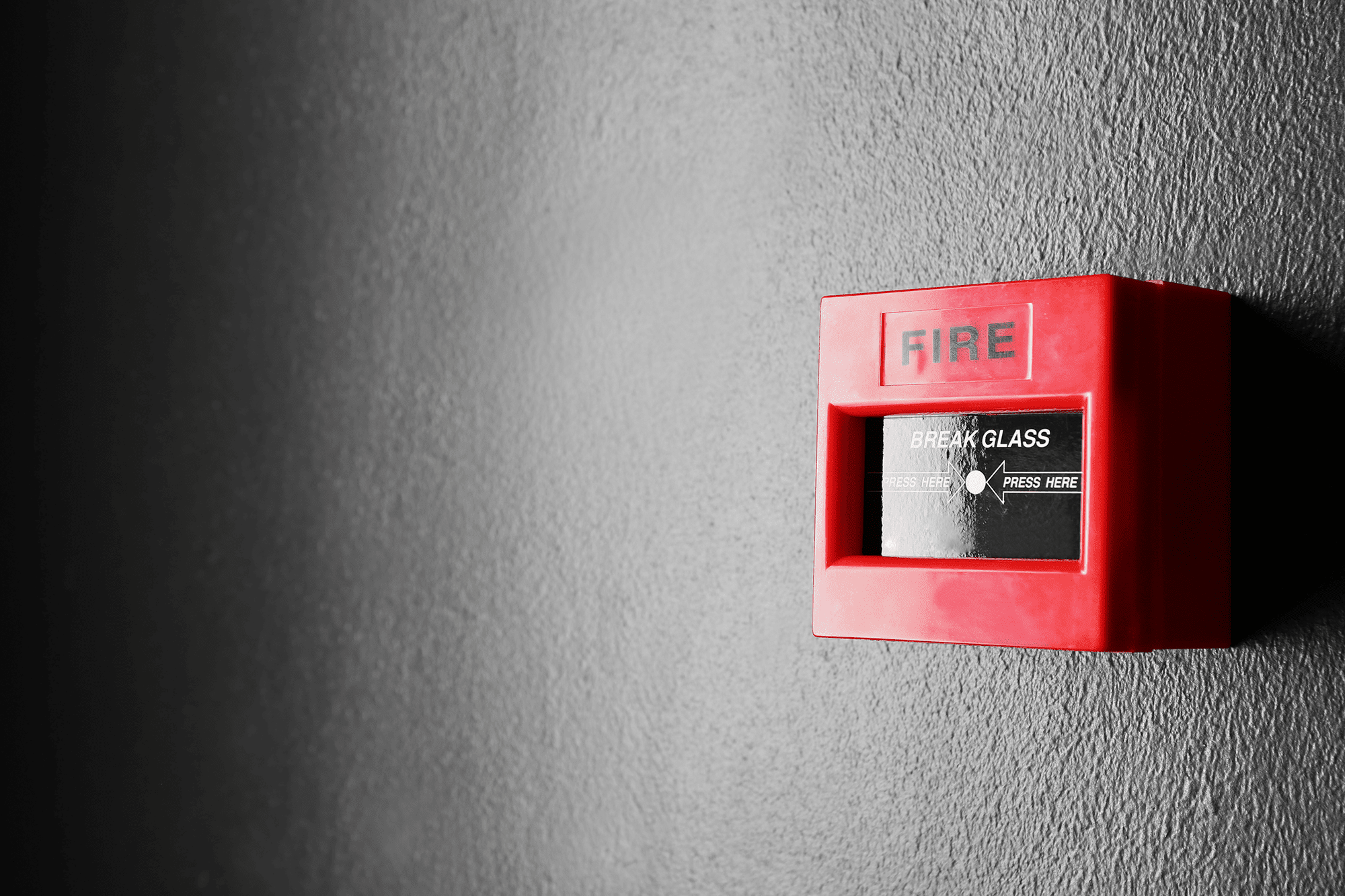
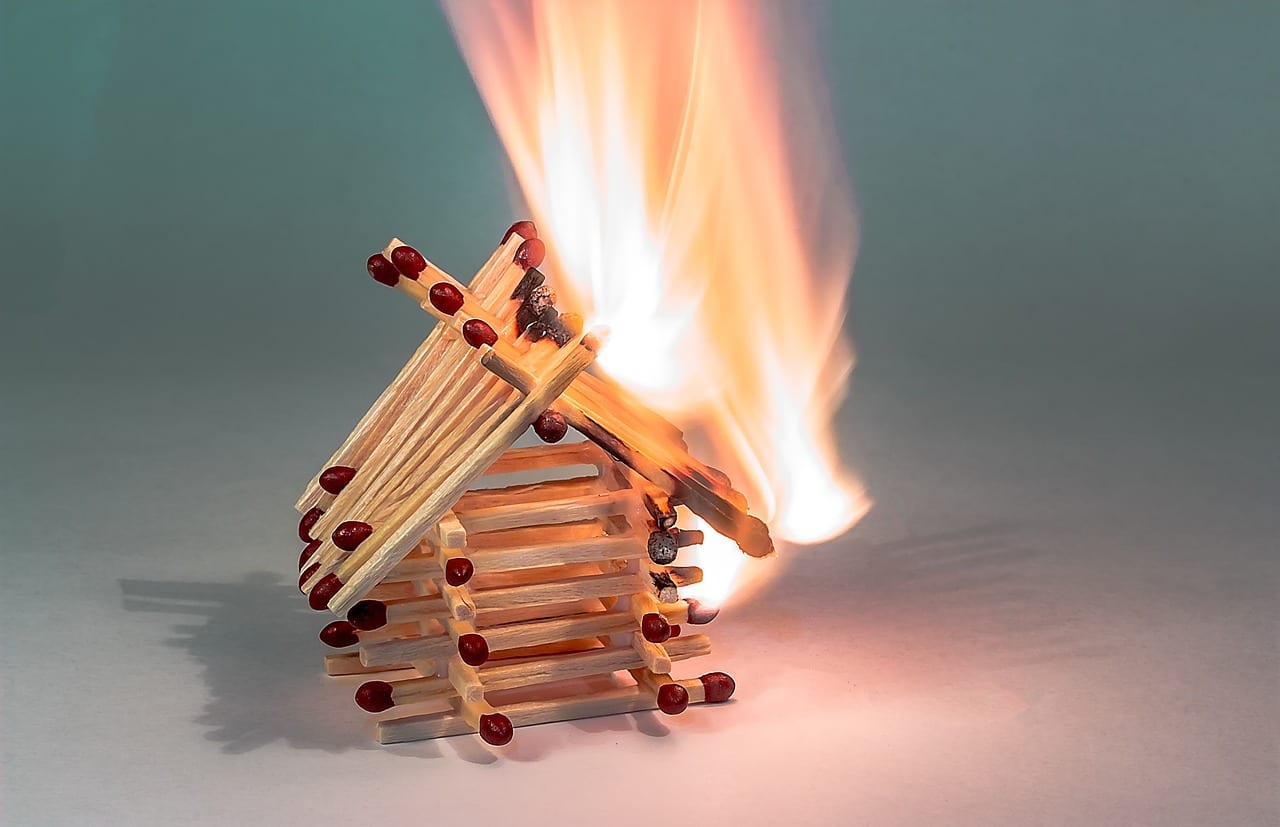

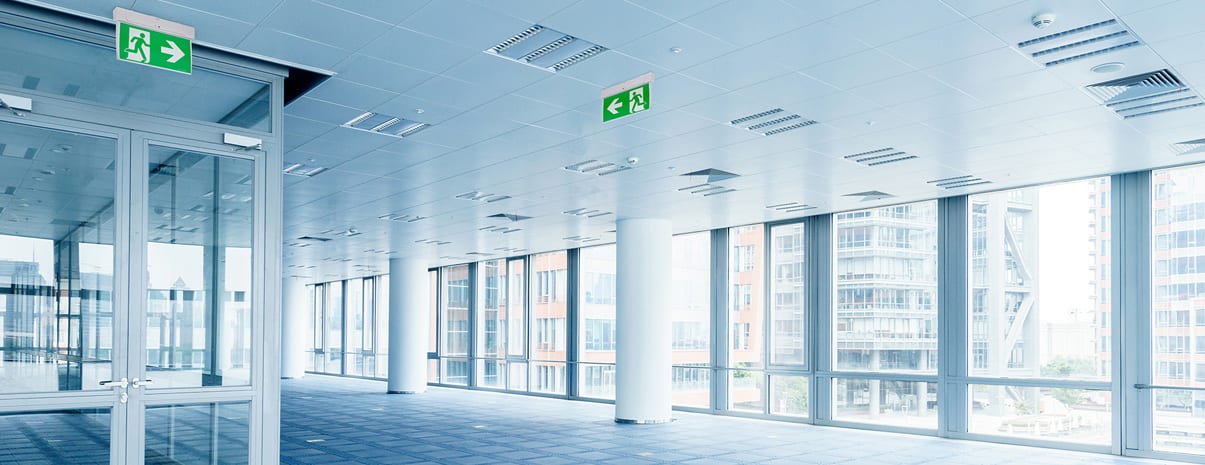
© 2025 Swift Fire & Safety | All Rights Reserved.









© 2025 Swift Fire & Safety | All Rights Reserved.